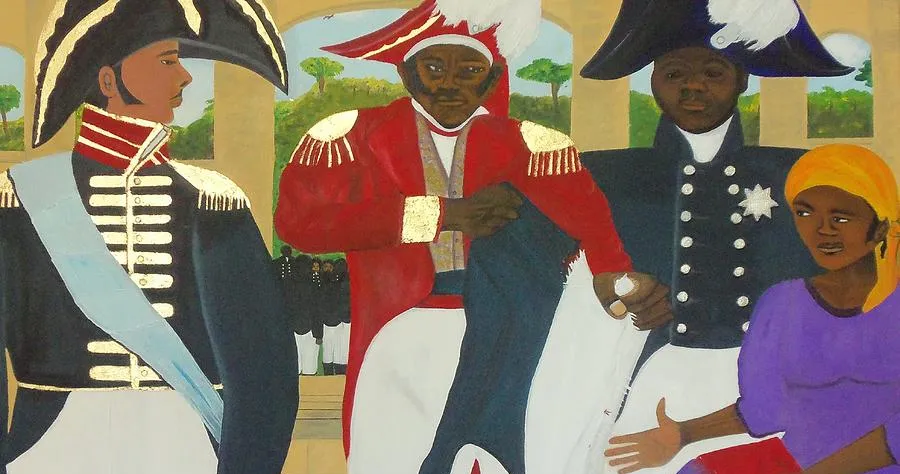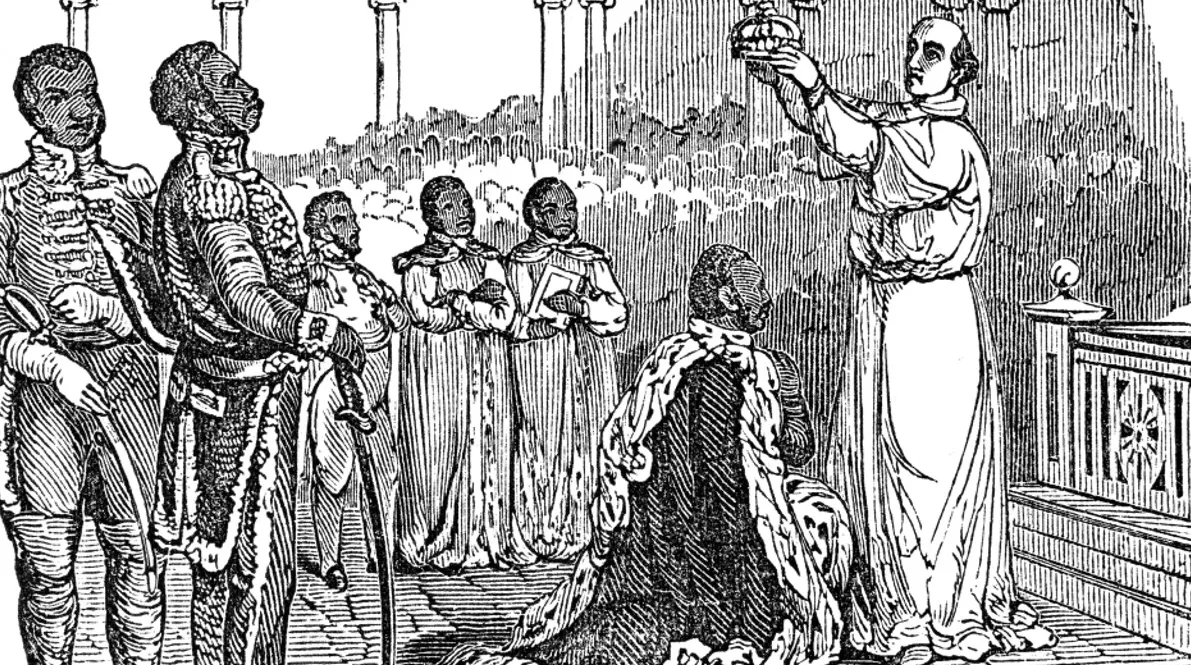Weekly Post
Weekly Friday posts for all paying subscribers.
“By Love and Friendship Rather than by Force”: Columbus’ First Description of Indigenous Americans and Student Participation
Discussion of how to encourage student participation in world history courses and teaching Columbus Day
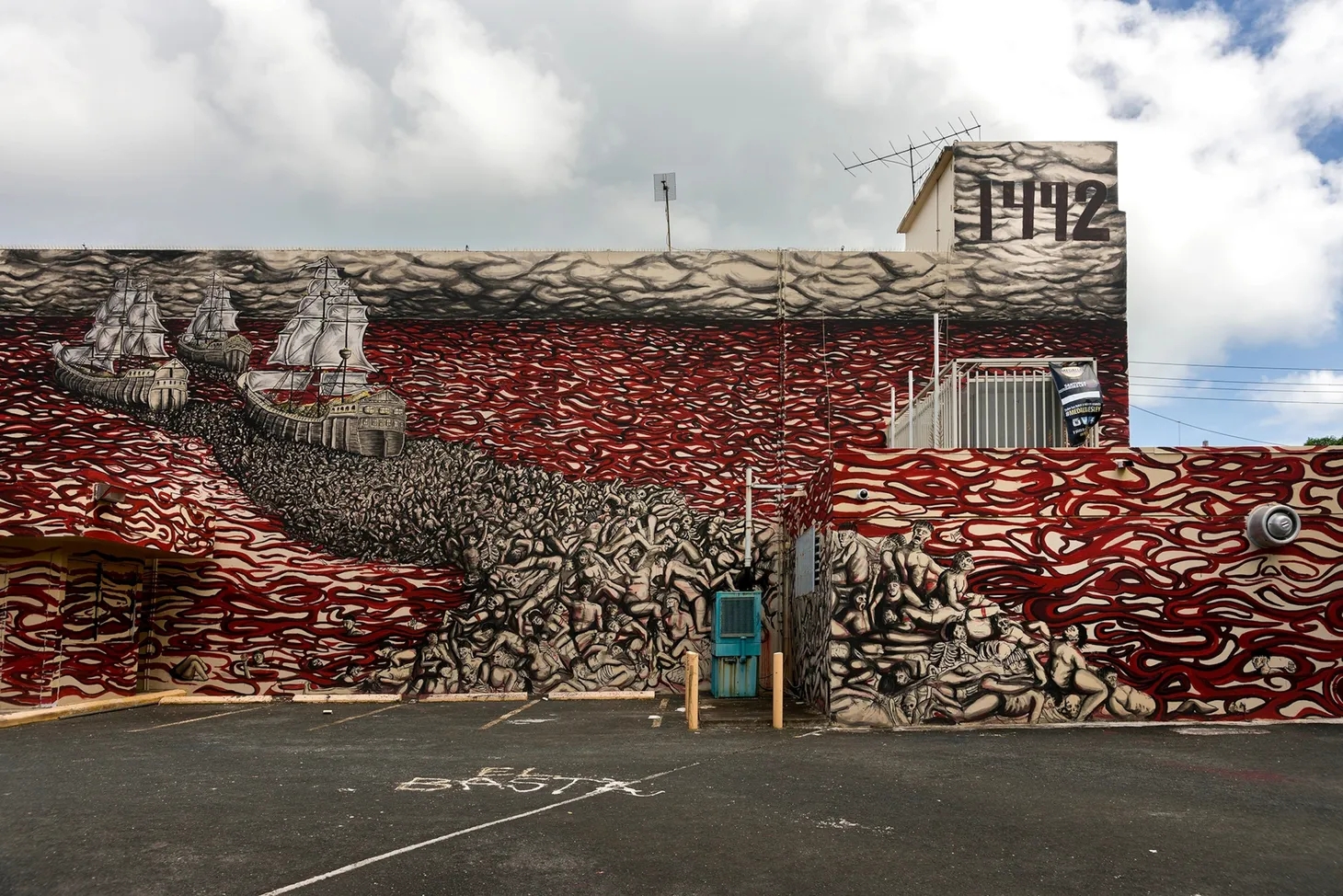
“They Know the Peacebreakers but not the Peacemakers”: Teaching Dissent, Pacifism, and Women’s Activism in the First World War
A discussion of women’s peaceful protest during the First World War and using secondary sources in the world history classroom.
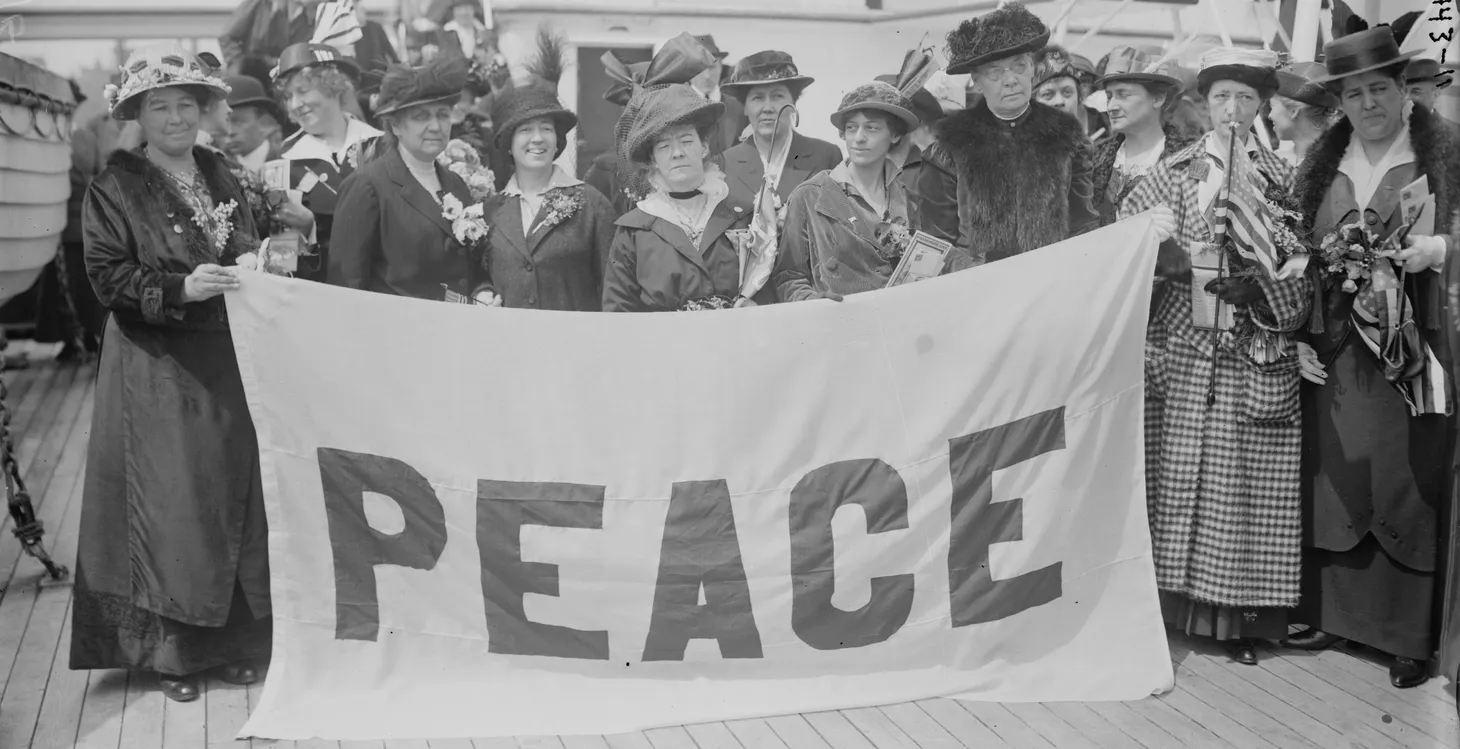
“We Must Not Refuse Them”: Finding African Voices and Stories in the Transatlantic Slave System
Discussion of how to read against the grain to understand lost voices in the transatlantic slave system.
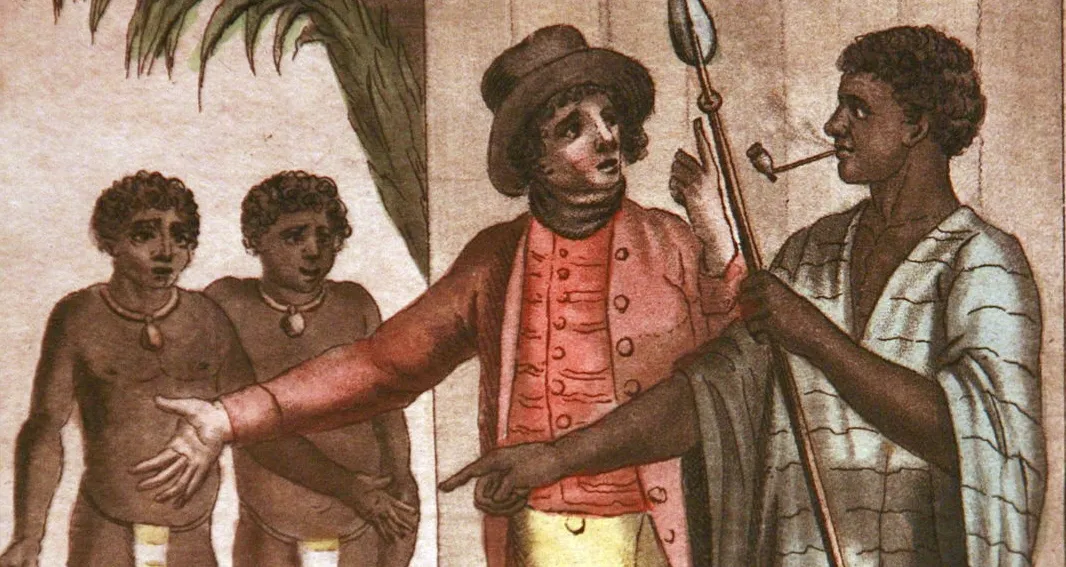
“Organizing the Rice Fields”: Teaching Southeast Asia’s Nineteenth-Century Production Revolution
Discussion of how to teach Southeast Asia’s economic changes in the nineteenth century
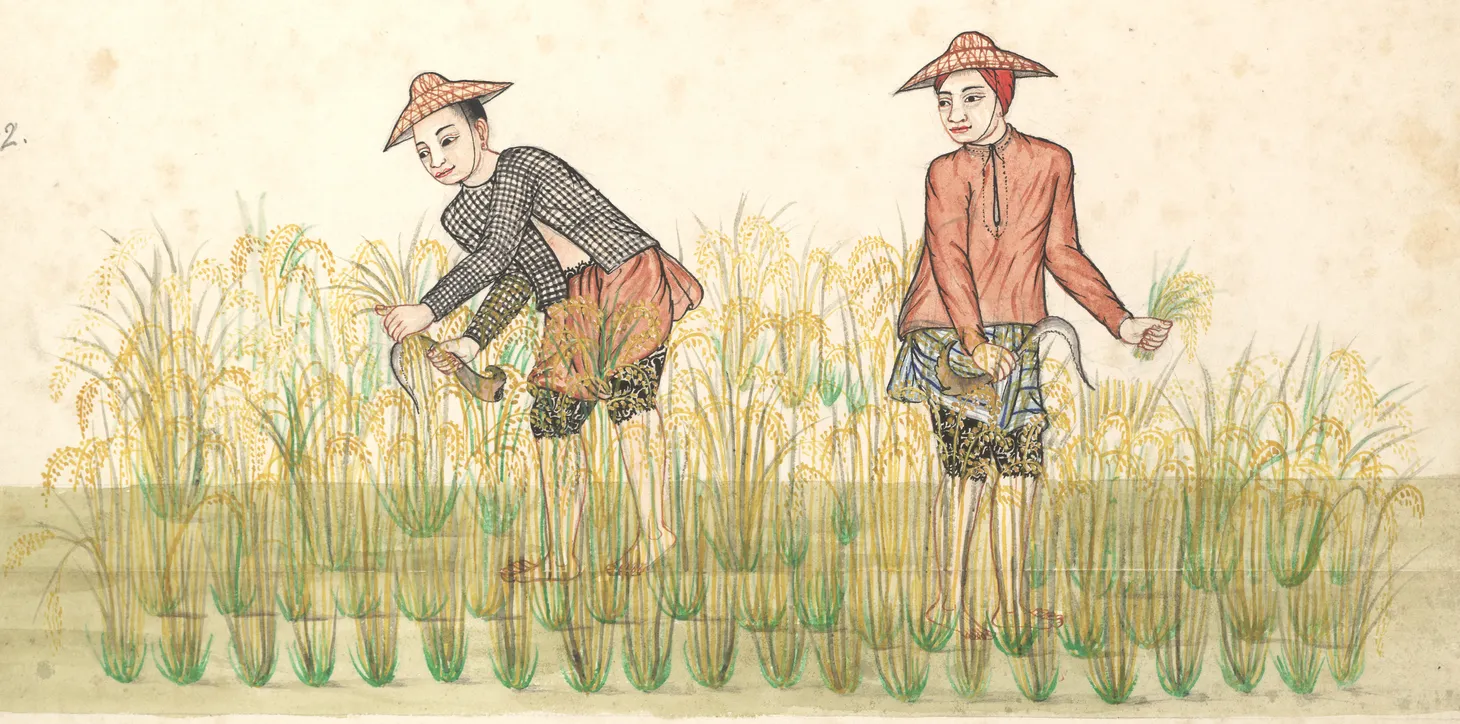
“The Increase of Plantations”: Teaching West Africa’s Nineteenth-Century Production Revolution
Discussion of how to teach West Africa’s production revolution in the nineteenth century
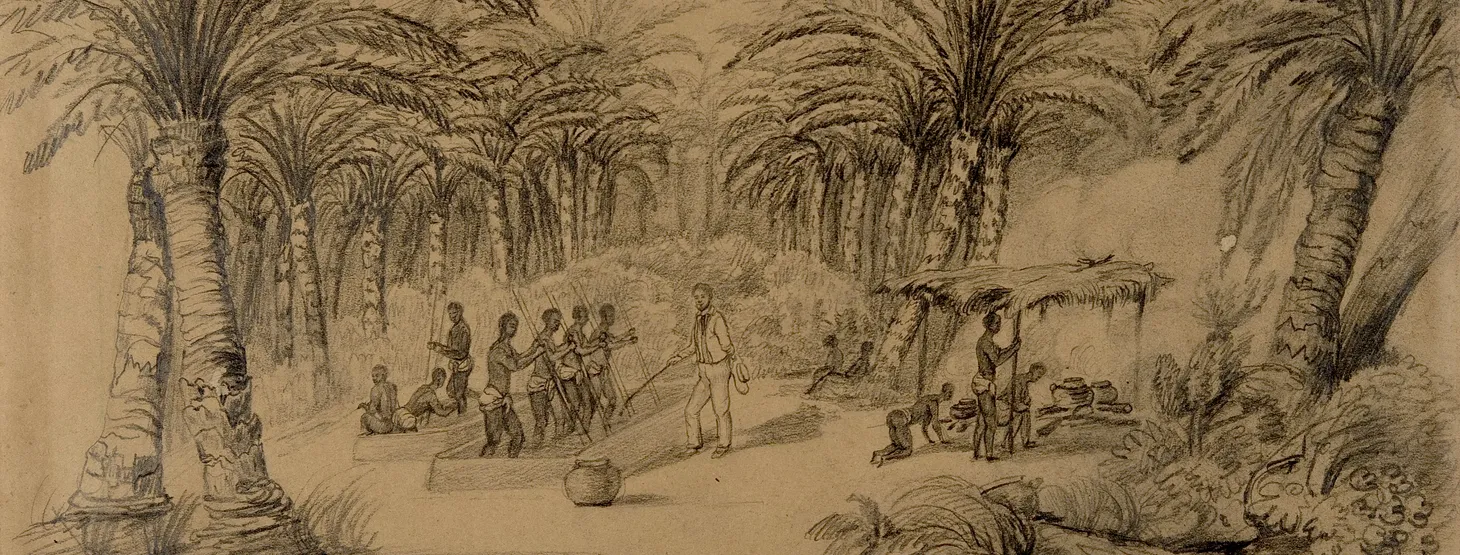
“The Air is Filled with the Stink of Jute”: Teaching South Asia’s Nineteenth-Century Production Revolution
Discussion of how to teach South Asia’s economic changes in the nineteenth century
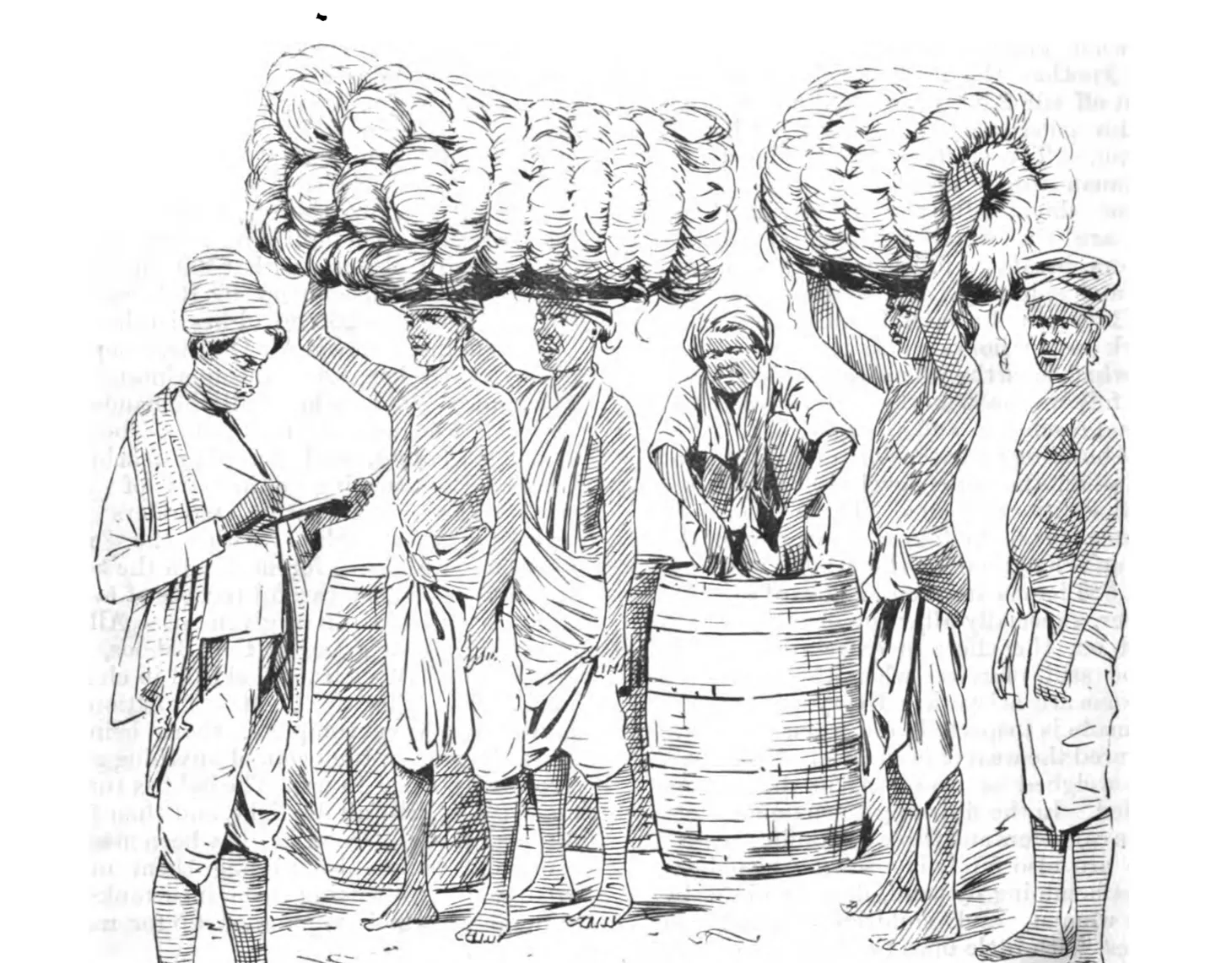
“To Render Cairo a Second Manchester”: Teaching Egypt’s Nineteenth Century Production Revolution
Discussion of how to teach Muhammad Ali and Egypt in the nineteenth century
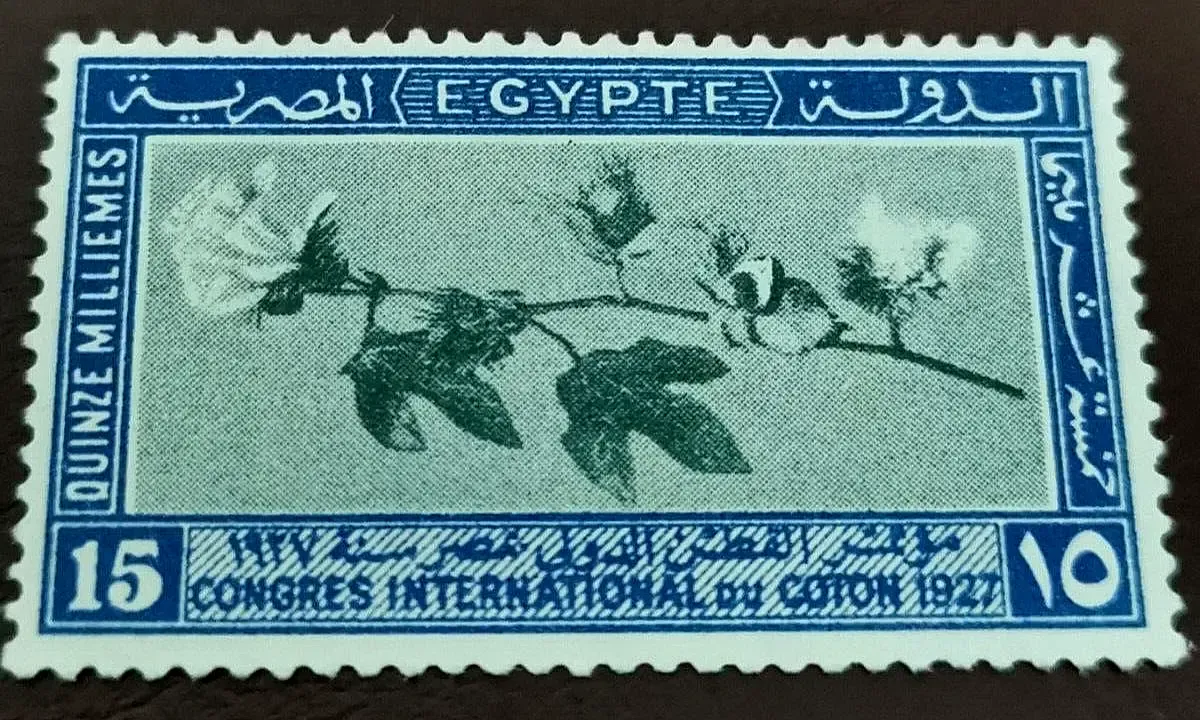
“Haiti Has Borne the Weight of a Heavy Debt”: Teaching the Long-Term Effects of the Haitian Revolution
Discussion of how to teach the long-term consequences of the Haitian Revolution
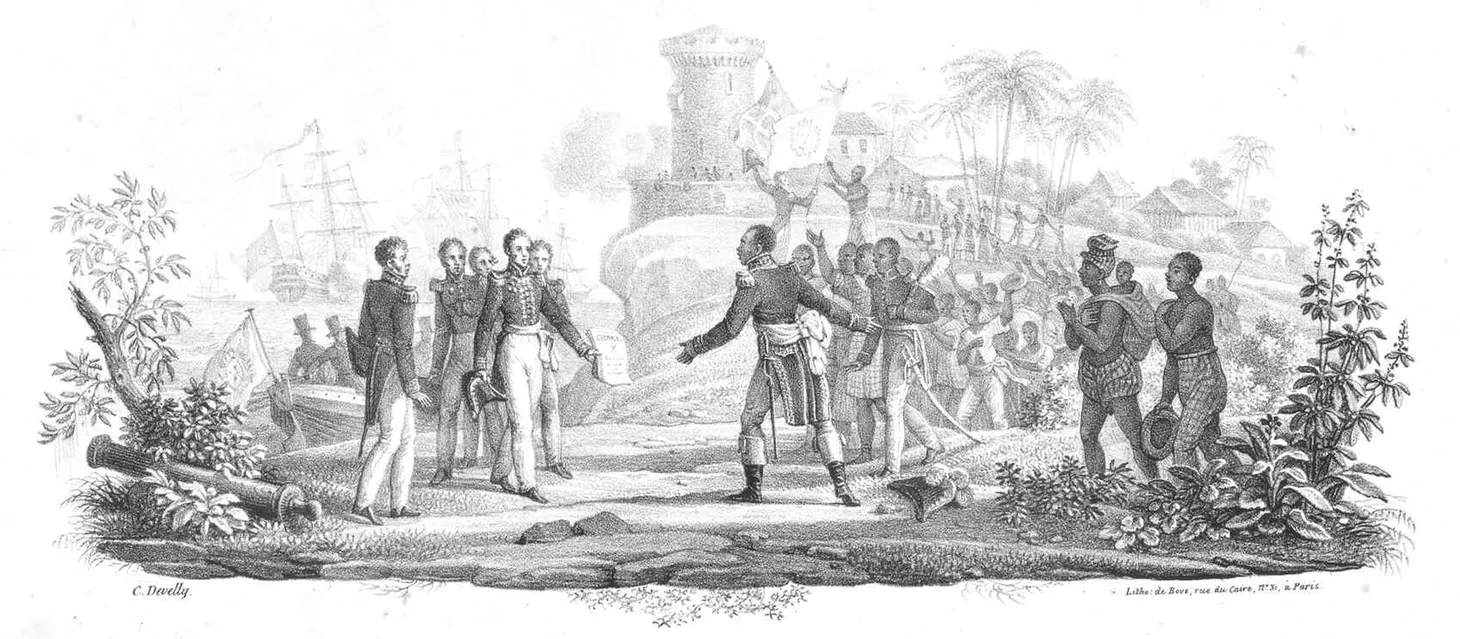
“Those Who Refuse Slavery”: Teaching the Short-Term Effects of the Haitian Revolution
A discussion of teaching the short-term effects of the Haitian Revolution
